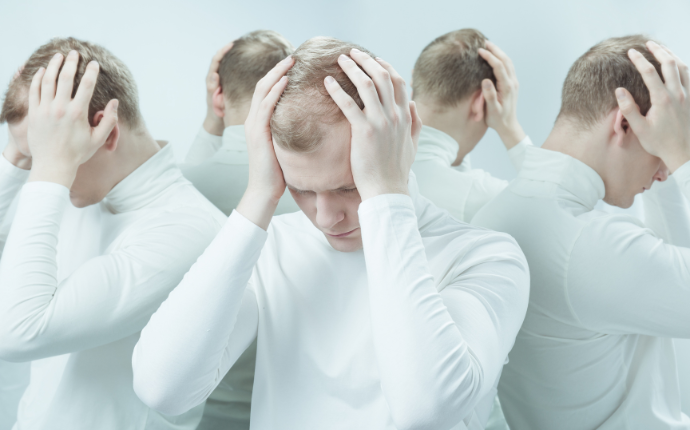Article
Mental Health Week 2023: Anxiety
Posted on the 16th May 2023

This year’s Mental Health Awareness Week focuses on anxiety and how to prevent it.
While a perfectly normal emotion that we all experience at moments like a job interview or an exam, anxiety can get out of control and manifest as a mental health problem.
Common types of anxiety disorders include obsessive-compulsive disorder (OCD), post-traumatic stress disorder (PTSD), generalized anxiety disorder (GAD), phobias, and separation anxiety.
Symptoms of anxiety can include feeling restless or worried, not sleeping, poor concentration, dizziness, and heart palpitations.
New research by the Mental Health Foundation has outlined the prevalence of anxiety and identifies key drivers, including negative life events, social isolation, stress relating to work/education, physical and/or mental health problems, and social and societal pressures.
The study revealed that 60 per cent of 6,000 adults surveyed have experienced anxiety that has interfered with their daily lives, while more than a quarter (26 per cent) of those with feelings of anxiety felt anxious to the extent that it stopped them from doing what they’d like or need to do.
One in five people (20 per cent) felt anxious most or all the time.
However, the most commonly reported cause of anxiety in this study was the cost of living, with those aged 35 to 64 being the most anxious about finances and 40 per cent of respondents saying that financial security would help prevent anxiety.
While the exact cause of anxiety disorders is not fully understood, it is thought to be a combination of factors.
These can include:
- Genetics
- A stressful or traumatic experience
- Long-term health conditions
- Drug and/or alcohol abuse
Despite the prevalence of anxiety, the stigma around it means about 45 per cent of sufferers keep it a secret, with many still not comfortable talking to others about their condition and symptoms.
For many, living with anxiety can be exhausting and debilitating, and it is common for people to drink more alcohol or smoke more in response to anxiety.
However, healthy coping mechanisms can make a huge difference.
These include eating healthy, nutritious food, exercising, talking to a trusted friend or family member, relaxation techniques and getting proper sleep. Professional services such as cognitive behavioral therapy and medication can also prove invaluable when dealing with anxiety disorders.
Related: Why exercise matters

